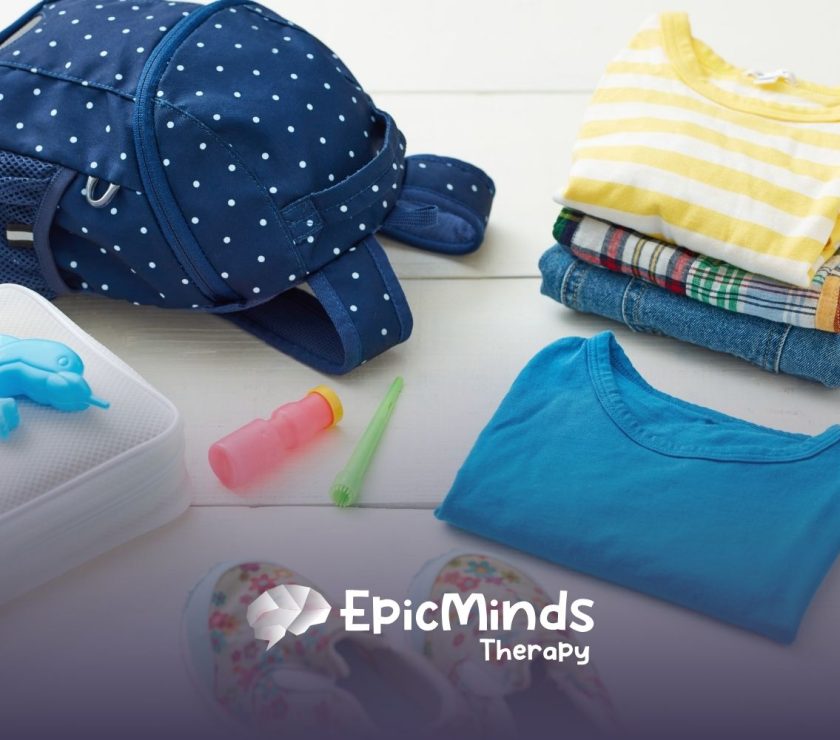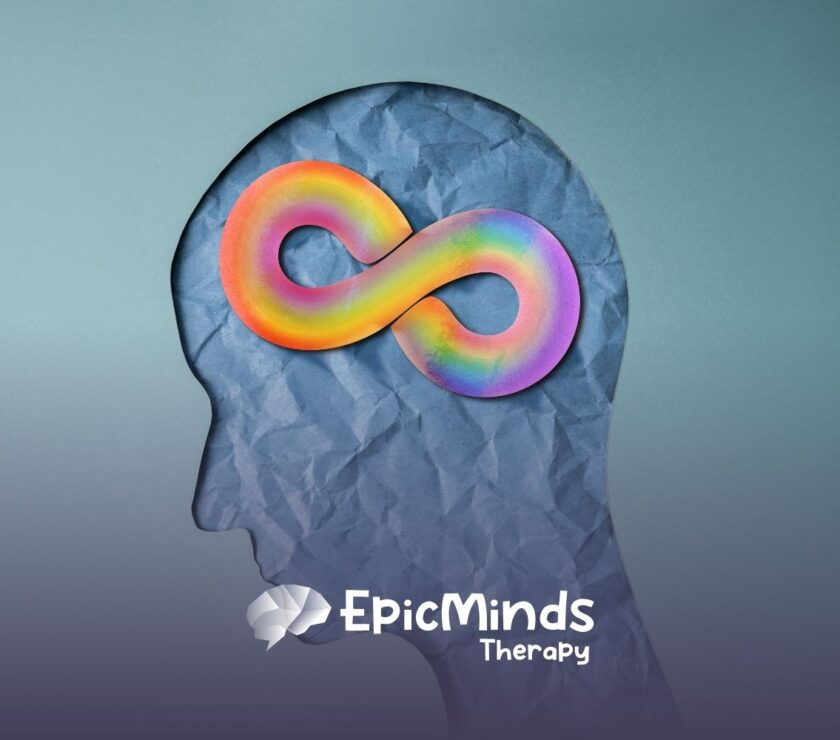If you’ve ever heard a child repeat something you just said — or quote their favorite movie word-for-word — that might be echolalia. For many kids with autism, it’s not simply mimicking; it’s how they learn, express themselves, and connect with others.
Understanding Echolalia
Echolalia happens when someone repeats words or phrases they’ve heard before. Sometimes it’s immediate, like echoing a question right after hearing it. Other times it’s delayed, like repeating a line from a show hours or days later.
For children with autism, echolalia can actually serve a purpose. It’s a way to:
- Understand what words mean
- Communicate when they don’t yet have the right words
- Find comfort in familiar sounds
- Join in on conversations, even when language feels tricky
It might sound repetitive to others, but for many kids, it’s an important step toward more independent communication.
Why Echolalia Happens
Every child on the autism spectrum communicates differently. Echolalia often shows up when a child is learning how language works — how to respond, how to express feelings, and how to interact. Think of it as a bridge: repetition helps them cross from imitation to original speech.
How ABA Therapy Can Help
With the right support, echolalia can evolve into meaningful language. Applied Behavior Analysis (ABA) therapy focuses on helping children understand what they’re saying and use it intentionally.
Through personalized sessions, therapists help kids:
- Connect words with meaning
- Use phrases to express needs and emotions
- Build new vocabulary and confidence
Progress doesn’t happen overnight, but with patience and consistent support, many children begin to find their own voice.
At Epic Minds Therapy, we help children across North Carolina build communication, confidence, and independence through caring, personalized ABA services.
We offer:
- In-home ABA therapy: Support that fits right into your child’s daily routine.
- School-based ABA: Collaboration with teachers and staff to help your child succeed in the classroom.
If your child uses echolalia or struggles with communication, we’re here to help. Reach out to our North Carolina team and learn how ABA therapy can make everyday life a little easier — and a lot more connected.
FAQs
What age does echolalia usually start?
It often appears around the same time children start talking — usually between ages 2 and 4. For kids with autism, it may last longer and serve a different purpose.
Does echolalia mean my child can’t talk normally?
Not at all. Echolalia can actually be a step toward independent speech. It’s part of how some children learn to communicate.
Can echolalia improve over time?
Yes. With support like ABA and speech therapy, many kids gradually move from repeating to creating their own words and sentences.
Sources:
- https://my.clevelandclinic.org/health/symptoms/echolalia
- https://www.ncbi.nlm.nih.gov/books/NBK565908/
- https://www.webmd.com/parenting/what-is-echolalia
- https://www.oxfordcbt.co.uk/echolalia-autism/
- https://pmc.ncbi.nlm.nih.gov/articles/PMC9997079/
- https://link.springer.com/article/10.1007/s40474-024-00311-0




